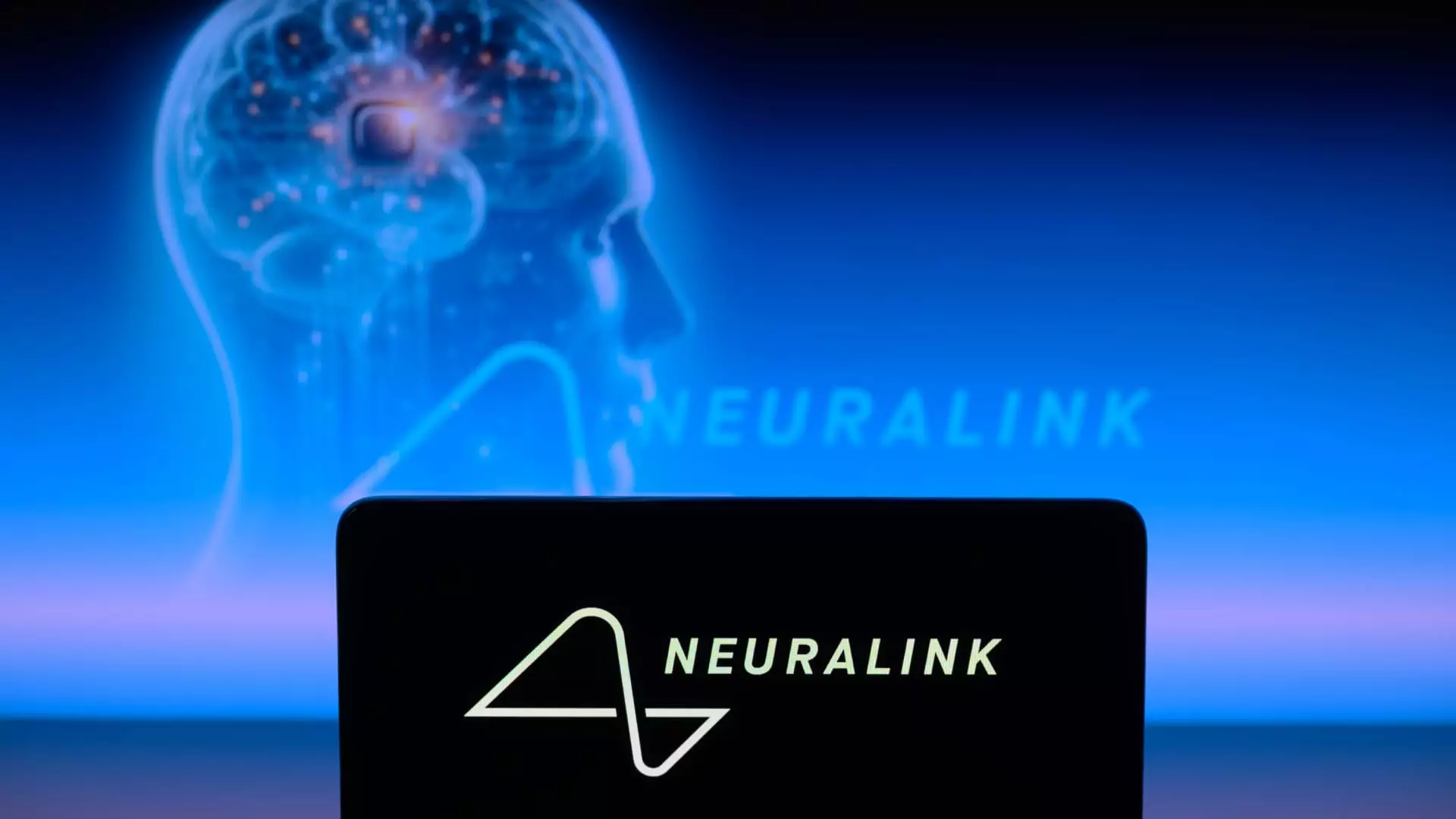Elon Musk’s startup, Neuralink, recently made headlines with a live video showcasing a patient operating a computer mouse and playing chess using the company’s cutting-edge brain implant technology. The patient, Noland Arbaugh, became the first human to receive Neuralink’s device, marking a significant milestone in the development of brain-computer interfaces (BCI). The goal of Neuralink’s BCI is to empower individuals with severe paralysis to control external devices using neural signals, offering hope for enhanced communication and independence.
The first product unveiled by Neuralink, named Telepathy, has the potential to transform the lives of individuals with debilitating conditions such as quadriplegia. Through a surgical procedure that involves inserting electrodes into the brain tissue after removing a portion of the skull, patients like Arbaugh can experience newfound freedom and capabilities. While Arbaugh acknowledged some challenges with the technology, he emphasized that it has already had a profound impact on his life, underscoring the transformative potential of BCIs.
Neuralink joins a growing list of companies, including Paradromics, Synchron, Blackrock Neurotech, and Precision Neuroscience, that are exploring the possibilities of brain-computer interfaces. Over the years, researchers have made significant progress in deciphering brain signals and translating them into actionable commands for external devices. Despite the complexity of interpreting and analyzing neural data, the field of BCIs holds immense promise for individuals with degenerative diseases like ALS.
Dr. Nader Pouratian, an expert in neurological surgery, highlighted the longstanding efforts to advance BCI technology and the ongoing need for innovation and collaboration. As Neuralink undertakes its first in-human clinical trial, the company faces regulatory hurdles and scrutiny regarding the safety and efficacy of its devices. Transparency and peer-reviewed research will be critical in building trust and credibility within the scientific community and the broader public.
While the advancements made by Neuralink are cause for optimism, Dr. Marco Baptista of the Christopher & Dana Reeve Foundation emphasized the importance of rigorous scientific evaluation and publication of findings. As the field of BCI technology evolves, it is essential to prioritize data-driven insights and independent verification to ensure the reliability and effectiveness of novel medical devices. Moving forward, Neuralink and other industry players must demonstrate a commitment to transparency and accountability in their research endeavors.


Leave a Reply